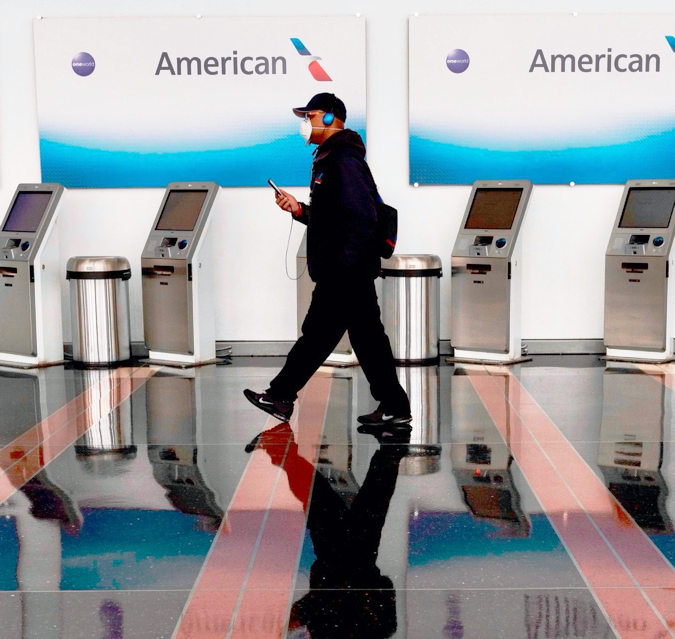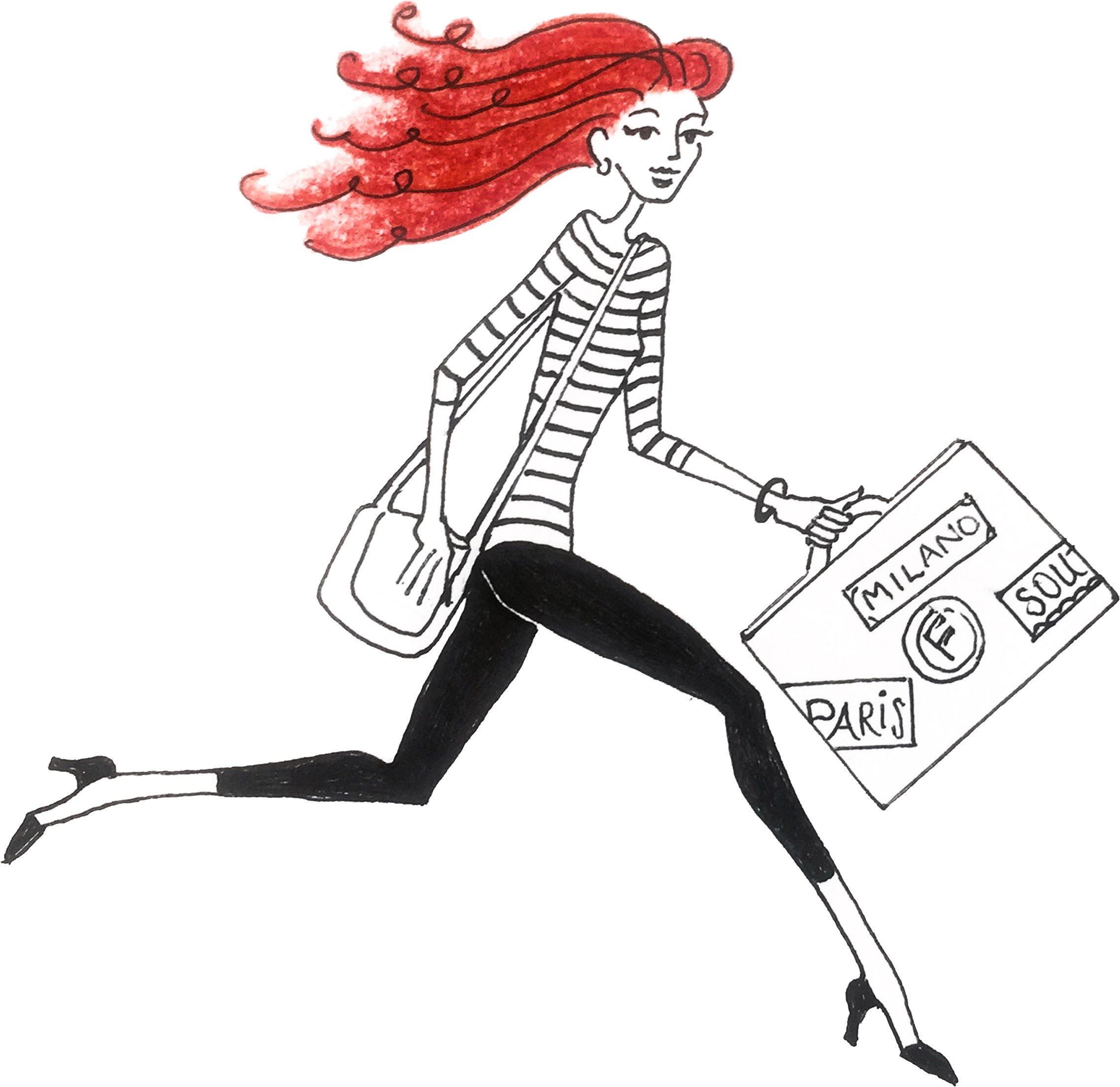If you’re thinking of making a flight rez, ask yourself these seven questions first.

Note: If you plan to fly now or in the near future, please take applicable government Covid-19 restrictions, rules, and safety recommendations, along with your personal comfort level and health conditions, into consideration before departure.
In a time not so long ago, you could go to an airline’s website or your fave OTA, book a flight, and board the plane the next day with remembering your swimsuit as your main worry. Unfortunately, Covid-19 has changed that. With travel restrictions and recommendations frequently changing without warning, airlines having to adjust to new protocols and procedures, and plenty of overall uncertainty, it’s essential to do your research before hopping on a plane. Here are seven questions you should ask before booking that ticket.
1. Can I travel to where I want to go?
While some international destinations have been easing restrictions and welcoming back visitors, many more countries have limitations in place that affect U.S. travelers. Before you decide to cross the ocean or escape to somewhere tropical, consult the U.S. Centers for Disease Control and Prevention website for the restrictions in your planned destination.
Even if your passport allows entry to a country, there may be further paperwork you need to provide to the customs agent. Many international destinations are requiring travelers to show proof of a negative Covid-19 test. Some destinations provide tests upon arrival, while others require a negative test to be performed two to seven days before departure from the country of origin.
2. Will I have to quarantine once I arrive at my destination?
Depending on your arrival city, you may be required to quarantine for 14 days. Of course, this will affect the length of your trip and the booking of a return flight. Visit your destination city or state’s website to familiarize yourself with its recommendations and mandates.
3. How will I get to the airport?
If someone you’ve been isolating with can drop you in their own car, that offers the lowest risk. If you need to take a car service like Uber or Lyft, you should remember those companies are not allowing ride shares (so you can expect to pay more for your ride) and it’s courteous to drivers and passengers who come after you to wipe down the seat and door handle before exiting the car. Uber and Lyft are requiring all passengers and drivers wear masks. The companies have also said they’re providing cleaning supplies to as many drivers as possible.
Many airports around the country have changed their drop-off, pickup, and parking procedures to encourage people to keep moving. Make sure you know what your airport’s current policies are. Many airports have closed their long-term parking lots, but are keeping daily and hourly garages open. Check your airport’s website for the latest info.
Most airports have adjusted their rules to allow only ticketed passengers and people helping them check in to enter terminals, so take that into account when planning who will accompany you.
Note: while airports may be experiencing near-empty terminals, shuttered stores, and limited dining options, it’s still important to arrive earlier than you usually would due to social distancing and cleaning measures. What you expect to take 30 minutes may in fact run an hour or more if you happen to arrive at a busy time.
4. Am I good if the flight is full?
Generally speaking, passenger numbers have decreased significantly compared to previous years. And while some airlines have committed to keeping the middle seat free, others have started to fill their flights to capacity. Before purchasing a ticket, it’s important to understand there is the chance you’ll be seated next to strangers, which does pose a risk, even if you and your seat companion are wearing a mask.
If you want to play it by ear, some airlines are offering an alternative flight if a passenger feels uneasy boarding. Others allow travelers to change their plans, free of charge, if a flight is 70 percent booked.
5. What’s the airline’s cancellation and refund policy?
Some carriers are canceling flights if they aren’t full, or making drastic changes: nonstop flights are changed to flights with layovers, flight times are changed, and even airports are changed in major cities such as New York or Chicago. You should have a backup plan; come prepared with information on alternative flights. And consider not planning too many meetings, activities, or events on your travel day; any airline changes could throw your schedule off.
If you’re considering booking a really cheap flight in 2021, I say go for it. But remember there’s a chance it may be canceled, depending on border closures and other health precautions. Read your airline’s refund policy thoroughly to make sure you can switch, cancel, or rebook without penalties on a fully refundable ticket. And remember, even if you’re entitled to a refund, some carriers are going to be slow about it, or may refuse altogether.
Note: while it’s important to know the policy when booking, it’s also smart to check back a week before your flight to ensure nothing has changed.
6. What’s the airline’s cleaning protocol?
Airlines have developed various measures to ensure passengers feel safe and protected on board. You may want to call the airline or check its website for info its specific protocols. Questions to ask:
-What filtration system does the airline use?
-How often is the aircraft sprayed with disinfectant? What type of disinfectant is used?
-How often is the filtration system run during the flight?
In the best case scenario, an aircraft should have “True High-Efficiency Particle Filters” (True HEPA) or “High-Efficiency Particle Filters” (HEPA). These filters operate every two to four minutes and can make a complete air change 15 to 30 minutes per hour.”
7. What food and beverage options will be available on the flight?
Many airlines have vastly reduced their in-flight food and beverage service. If a meal is served, it may be just a small snack box with a bottle of water. Check beforehand so you’ll know exactly what you’ll be served on the plane so you can decide if you want to self-cater.
Twist’s Take: Want to take off? You may want to answer these seven questions first.
